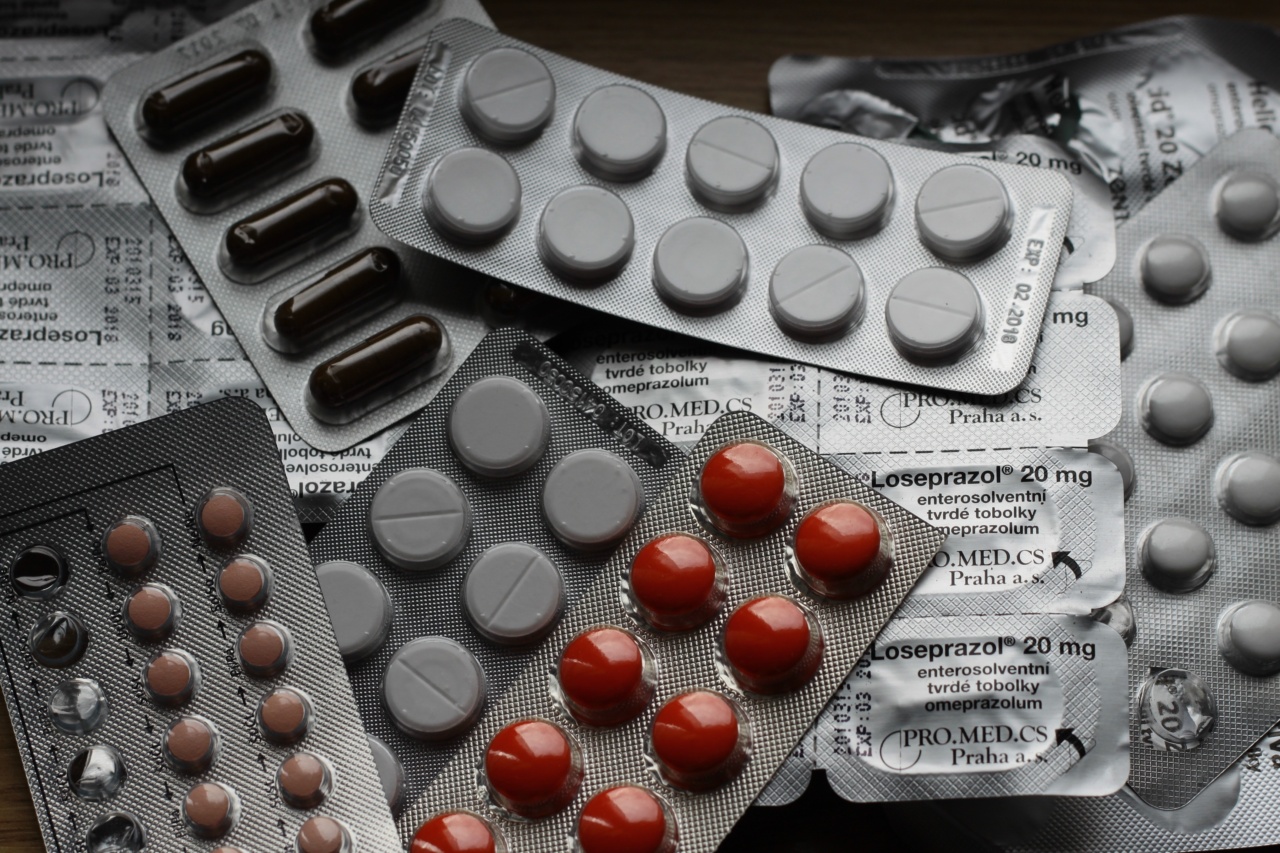Orgasms are a natural and healthy part of a person’s sexual life. However, not everyone has a positive experience when it comes to orgasms.
For some individuals, orgasms can be an unpleasant and uncomfortable experience due to the pain they feel during and after orgasm. This is known as painful orgasms and can cause emotional and physical distress, as well as impact one’s sexual health.
Understanding the causes and treatment options for painful orgasms can help individuals seek appropriate medical attention and lead a healthier and satisfying sexual life.
What is a Painful Orgasm?
Painful orgasms, also known as dysorgasmia, occurs when an individual experiences pain during or after orgasm. The pain can occur in various parts of the body, including the genital area, lower abdomen, and lower back.
The severity and duration of the pain can vary from person to person. The pain may be dull, cramp-like, or sharp. It can range from mild discomfort to extreme pain, which can interfere with the individual’s daily life and emotional well-being.
Causes of Painful Orgasms
There are several underlying conditions that can cause painful orgasms. Understanding the cause of the pain is essential for effective treatment. Below are some of the possible causes of painful orgasms.
Endometriosis
Endometriosis is a condition where the tissue lining the uterus grows outside the uterus, causing pain during menstruation, sex, and orgasm. The tissue growth can lead to inflammation and scarring, which can cause pain during and after orgasm.
Endometriosis can also result in infertility if left untreated.
Pelvic Inflammatory Disease (PID)
Pelvic inflammatory disease is an infection of the female reproductive organs, including the uterus, fallopian tubes, and ovaries.
PID can cause painful sex and orgasm due to inflammation and infection in the pelvic area, which affects the nerves and muscles that control orgasm.
Vaginismus
Vaginismus is a condition where the vaginal muscles contract involuntarily, causing pain during intercourse and orgasm. Vaginismus can be due to psychological trauma or fear of pelvic pain during sex.
This condition may require pelvic floor therapy and counseling for effective treatment.
Uterine Fibroids
Uterine fibroids are non-cancerous growths in the uterus that can affect sexual function and cause pain during sex and orgasm. Fibroids can also lead to heavy menstruation and difficulty conceiving.
Interstitial Cystitis (IC)
Interstitial cystitis is a chronic bladder condition that causes pain during sex and orgasm. IC can result in inflammation and irritation of the bladder wall, leading to discomfort and pain during sexual activity.
Pelvic Surgery or Trauma
Pelvic surgeries or trauma can cause nerve damage, scarring, and blood flow problems, leading to painful orgasms. Surgical procedures such as hysterectomy or prostatectomy can also affect sexual function and cause pain during orgasm.
Psychological Causes
Emotional and psychological factors such as stress, anxiety, and depression can affect sexual function and lead to painful orgasms. Trauma, sexual abuse, and relationship problems can also cause psychological distress and pain during sexual activity.
Treatment Options for Painful Orgasms
The treatment options for painful orgasms depend on the underlying condition causing the pain. Below are some possible treatment options for painful orgasms.
Medical Treatment
If the pain during orgasm is due to medical conditions such as endometriosis or pelvic inflammatory disease, medical treatment may be necessary.
Hormonal treatments, antibiotics, and surgery may be necessary for effective management of the underlying condition.
Pelvic Floor Therapy
Pelvic floor therapy can help individuals with vaginismus or other pelvic floor disorders improve muscle control and reduce pain during sex and orgasm.
Pelvic floor therapy involves exercises to strengthen the pelvic floor muscles and improve blood flow to the pelvic area. This therapy may require several sessions to achieve effective results.
Sexual Counseling
Sexual counseling can be beneficial for individuals experiencing psychological distress and pain during sexual activity.
Counseling can help address underlying emotional and relationship issues, leading to improved sexual function and reduced pain during orgasm.
Alternative Therapies
Alternative therapies such as acupuncture, massage, and herbal supplements may provide an adjunct treatment for painful orgasms. These therapies can help improve blood flow and reduce inflammation, leading to reduced pain and improved sexual function.
Lifestyle Changes
Lifestyle changes such as reducing stress, improving sleep hygiene, and regular exercise can also improve sexual function and reduce pain during orgasm.
Adequate hydration and a healthy diet can also prevent or reduce inflammation, leading to improved sexual health.





























